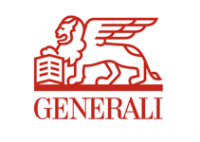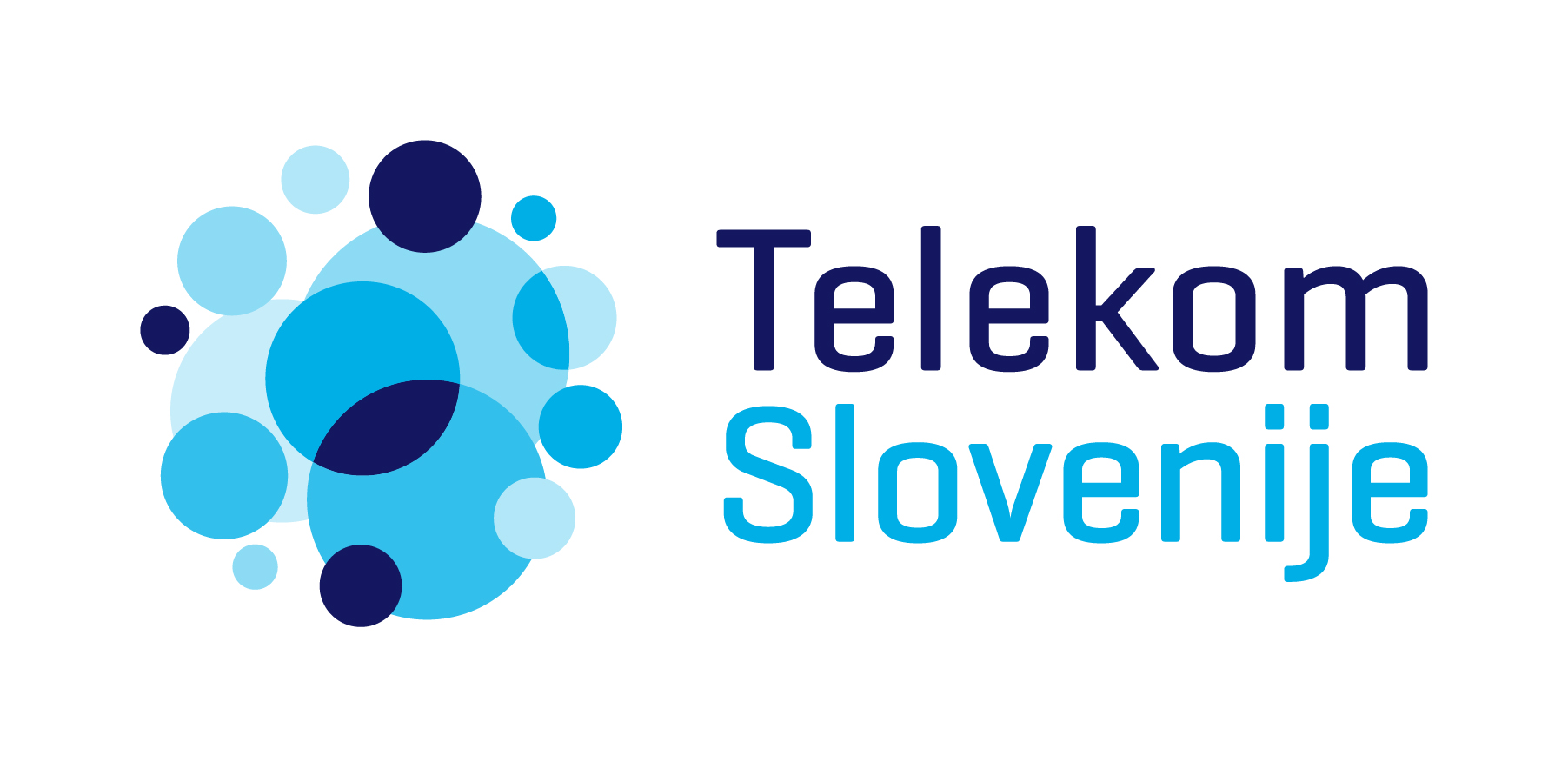Aleksander Zadel
Partner and director

Why Competo?
People are the company’s no. 1 competitive edge. Our cooperation with our partners rests on listening – we want to hear about their problems, identify its real causes and support them in creating more efficient and an employee-friendly culture.
- Strong psychological underpinning that has proven its effectiveness in HR practices and organisations.
- We listen and we hear, thereby addressing the client’s present challenges.
- We walk the talk.
Model of organisational values
Competence models
Individual coaching
Team building
Training: behavioural interview
Organisational climate measurement
Psychological assessment
Development centre
Competency-based interview
Team onboarding
Team development
Model of organisational values
Organizational values interconnect different employees and help strengthen their affiliation with the company.
But it is not just enough to simply define values – it is of key importance that employees pursue them on a daily basis when performing their job tasks.
Thus, jointly with the company, we design /review the model of organizational values and adjust it to the company’s vision and mission. Together with the company’s management and expert staff attending the workshop, we review key values and determine behaviour reflecting these at work through employee behaviour. The workshop aims at defining tailor-made behaviour in the light of the company’s needs.
Competence models
The competence model serves as a platform for 360 competence assessment.
The elaboration of the competence model adapted to specific needs and work performed by the company contributes to the systematic and efficient conduct with employees – ranging from the selection of appropriate candidates, competence measurement and the systematic development of employees. The competence model is elaborated during at least two 8-hour workshops at which the management and expert staff help determine important success factors and key competencies for individual posts. Descriptions and behaviour are defined for all sets of competencies in order to facilitate employees to pursue these competencies in practice.
Individual coaching
Individual coaching aims at developing the individual’s personal and professional potentials for the purpose of participants developing their top condition and skills so as to achieve objectives and improve their competence levels. It proceeds in person, one-to-one (i.e. the coach and participants), with the number of meetings being determined in accordance with the agreement with the client.
Team building
Every team and every company differs in terms of their employees and how they interact as a team. For this purpose, clients are not provided with a pre-arranged team building, but we rather adapt its implementation and contents to the client’s wishes and needs. Each team building we prepare is unique and consists of personalised tasks for the company/team in question.
Training: behavioural interview
How can we truly assess the level of actual competencies of a candidate applying for a vacancy? By putting behavioural-focused questions asking the candidate how he/she behaved in different situations from short-term past.
Organisational climate measurement
Organizational climate of the company to a large extent reflects the level of satisfaction among employees with different aspects of the working environment. Satisfied employees also work more efficiently, they are innovative and make a major contribution to the company’s success.
Psychological assessment
Finding the right candidate to fill a specific position is highly important for the company. The application of psychological assessments helps optimise the quality of the selection process. The tests enable us to describe the candidate’s characteristics, regardless of their qualifications and experience, in a standardised and objective manner. In practice, psychological assessments are used as a means of predicting people’s behaviour. They are highly reliable and effective, because they comply with the following premises:
- Adults display traits that remain relatively stable over time.
- Personal traits differ between adults, affecting one’s conduct in the workplace.
- Different occupations demand different personal traits.
- Personal traits can be measured.
Development centre
Although business mandates a good knowledge of the market, the competition, and the needs of clients, it is far more pivotal to have an intimate knowledge of self. Our individual development centre employs methods that enable an efficient and objective analysis of the employees’ competencies and capability. The findings form a solid bedrock for future growth with projects like talent management, succession systems, change management, etc. A development centre that is properly constructed can predict an individual’s behaviour in pre-structured situations in a systematic and objective manner.
Competency-based interview
When choosing candidates, bias can often creep in without us noticing. An elaborate structure of the selection interview prevents us from making errors in appraisal. A competency-based interview is an approach that guarantees objectivity and reliability during the selection process. It focuses on the individual’s past behaviour, which is the best-known predictor of future behaviour.
We tend to form an opinion about a candidate the moment they first walk in the door. This first impression persists throughout the interview, leaving an important mark that may affect our decision about the candidate’s suitability. What is more concerning is that we are rarely aware of the bias present in such situations.
Team onboarding
Finding the right person to take up the post is only the first step to success. The first 90 days are key in determining whether the new employee will acclimate smoothly to a work environment with its own dynamics and procedures. Team onboarding helps the new member and the rest of the team to cultivate a fruitful collaboration. One of the many advantages of a well-structured onboarding programme is that it integrates the employee into a new workplace in a cost-efficient way.
Team development
Teamwork is an important ingredient of modern day employment. Research suggests that the time devoted to teamwork has increased by 50 percent in the last two decades. Companies need to adapt to these trends and learn how to collaborate efficiently in order to succeed in a complex global market.
A number of studies have identified the advantages of teamwork development at the workplace. Among these are:
- Quick identification of errors: when working as a team, employees notice mistakes faster and find better solutions.
- Excellent outcomes: teamwork produces better outcomes, while employees report higher levels of job satisfaction.
- High profitability: close collaboration between employees helps drive a company’s profitability.
Model of organisational values
Organizational values interconnect different employees and help strengthen their affiliation with the company.
But it is not just enough to simply define values – it is of key importance that employees pursue them on a daily basis when performing their job tasks.
Thus, jointly with the company, we design /review the model of organizational values and adjust it to the company’s vision and mission. Together with the company’s management and expert staff attending the workshop, we review key values and determine behaviour reflecting these at work through employee behaviour. The workshop aims at defining tailor-made behaviour in the light of the company’s needs.
Competence models
The competence model serves as a platform for 360 competence assessment.
The elaboration of the competence model adapted to specific needs and work performed by the company contributes to the systematic and efficient conduct with employees – ranging from the selection of appropriate candidates, competence measurement and the systematic development of employees. The competence model is elaborated during at least two 8-hour workshops at which the management and expert staff help determine important success factors and key competencies for individual posts. Descriptions and behaviour are defined for all sets of competencies in order to facilitate employees to pursue these competencies in practice.
Individual coaching
Individual coaching aims at developing the individual’s personal and professional potentials for the purpose of participants developing their top condition and skills so as to achieve objectives and improve their competence levels. It proceeds in person, one-to-one (i.e. the coach and participants), with the number of meetings being determined in accordance with the agreement with the client.
Team building
Every team and every company differs in terms of their employees and how they interact as a team. For this purpose, clients are not provided with a pre-arranged team building, but we rather adapt its implementation and contents to the client’s wishes and needs. Each team building we prepare is unique and consists of personalised tasks for the company/team in question.
Training: behavioural interview
How can we truly assess the level of actual competencies of a candidate applying for a vacancy? By putting behavioural-focused questions asking the candidate how he/she behaved in different situations from short-term past.
Organisational climate measurement
Organizational climate of the company to a large extent reflects the level of satisfaction among employees with different aspects of the working environment. Satisfied employees also work more efficiently, they are innovative and make a major contribution to the company’s success.
Psychological assessment
Finding the right candidate to fill a specific position is highly important for the company. The application of psychological assessments helps optimise the quality of the selection process. The tests enable us to describe the candidate’s characteristics, regardless of their qualifications and experience, in a standardised and objective manner. In practice, psychological assessments are used as a means of predicting people’s behaviour. They are highly reliable and effective, because they comply with the following premises:
- Adults display traits that remain relatively stable over time.
- Personal traits differ between adults, affecting one’s conduct in the workplace.
- Different occupations demand different personal traits.
- Personal traits can be measured.
Development centre
Although business mandates a good knowledge of the market, the competition, and the needs of clients, it is far more pivotal to have an intimate knowledge of self. Our individual development centre employs methods that enable an efficient and objective analysis of the employees’ competencies and capability. The findings form a solid bedrock for future growth with projects like talent management, succession systems, change management, etc. A development centre that is properly constructed can predict an individual’s behaviour in pre-structured situations in a systematic and objective manner.
Competency-based interview
When choosing candidates, bias can often creep in without us noticing. An elaborate structure of the selection interview prevents us from making errors in appraisal. A competency-based interview is an approach that guarantees objectivity and reliability during the selection process. It focuses on the individual’s past behaviour, which is the best-known predictor of future behaviour.
We tend to form an opinion about a candidate the moment they first walk in the door. This first impression persists throughout the interview, leaving an important mark that may affect our decision about the candidate’s suitability. What is more concerning is that we are rarely aware of the bias present in such situations.
Team onboarding
Finding the right person to take up the post is only the first step to success. The first 90 days are key in determining whether the new employee will acclimate smoothly to a work environment with its own dynamics and procedures. Team onboarding helps the new member and the rest of the team to cultivate a fruitful collaboration. One of the many advantages of a well-structured onboarding programme is that it integrates the employee into a new workplace in a cost-efficient way.
Team development
Teamwork is an important ingredient of modern day employment. Research suggests that the time devoted to teamwork has increased by 50 percent in the last two decades. Companies need to adapt to these trends and learn how to collaborate efficiently in order to succeed in a complex global market.
A number of studies have identified the advantages of teamwork development at the workplace. Among these are:
- Quick identification of errors: when working as a team, employees notice mistakes faster and find better solutions.
- Excellent outcomes: teamwork produces better outcomes, while employees report higher levels of job satisfaction.
- High profitability: close collaboration between employees helps drive a company’s profitability.




